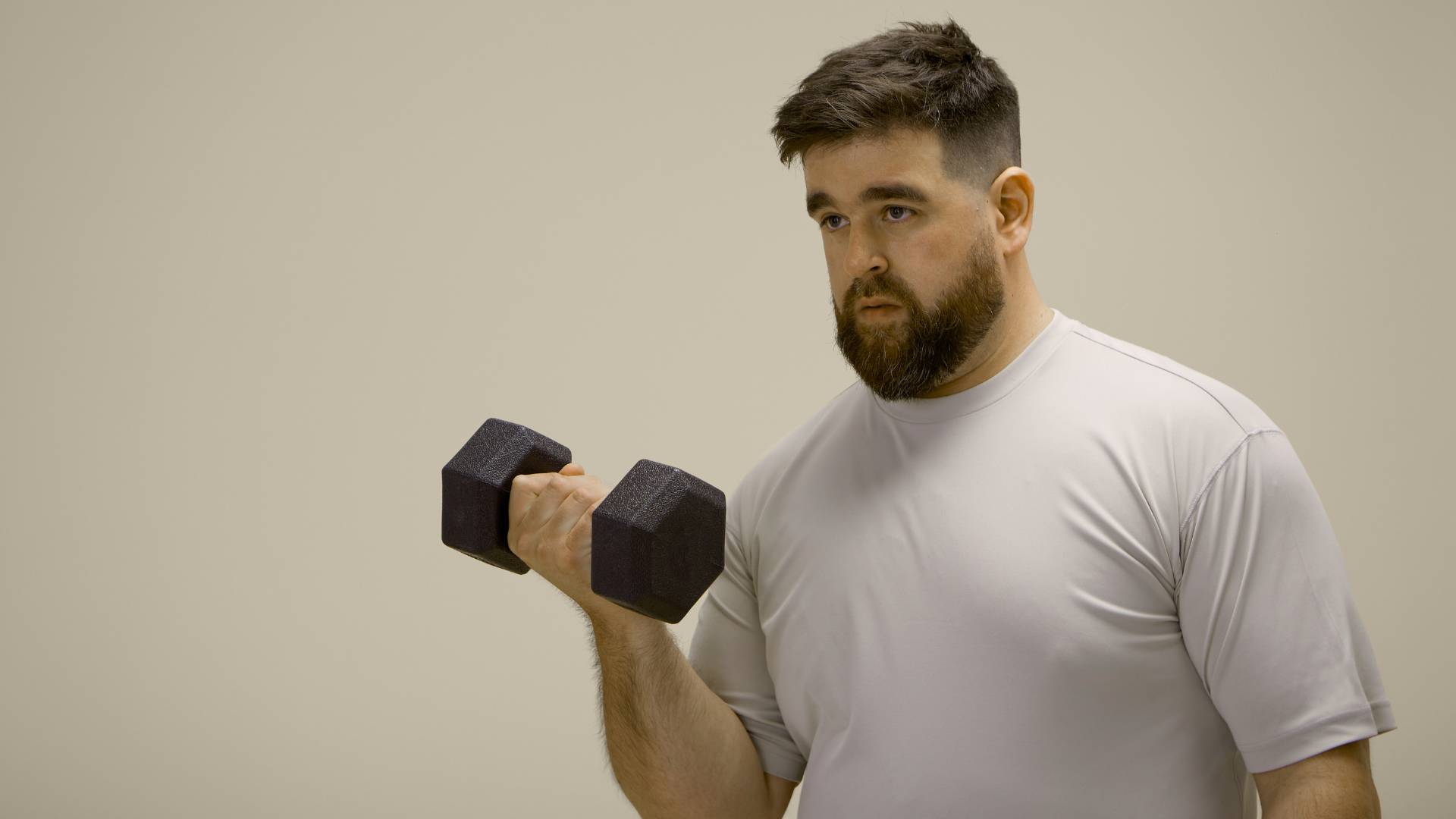Testosterone plays a pivotal role in how we feel, perform, and even how we see ourselves. Often labeled the “vital hormone” for men, it supports physical strength, sexual function, mental sharpness, and emotional resilience. However, as men age or encounter certain health conditions, testosterone levels can drop—leading to a noticeable decline in energy, libido, motivation, and overall well-being.
For many, this quiet shift can feel like losing their edge. That’s where Testosterone Replacement Therapy (TRT) comes in—a medically supervised approach to replenishing your hormone levels and reclaiming your vitality.
But is TRT the right path? Could natural methods be enough? And what do trusted experts say?
In this post, we explore testosterone therapy in depth—how it works, what to expect, who it’s for, and how it compares to natural boosting strategies. Plus, we include two powerful podcast discussions to give you science-backed insights straight from the experts.
What Is Testosterone Therapy?
Testosterone Therapy, often referred to as TRT, is a medical treatment aimed at increasing testosterone levels in individuals who are clinically deficient. These individuals typically have symptoms like:
- Low libido
- Fatigue or lack of energy
- Loss of muscle mass
- Mood changes (such as irritability or depression)
- Poor concentration or memory
- Reduced endurance or performance
TRT works by introducing exogenous testosterone into the body through various forms:
Injections (intramuscular or subcutaneous)
Gels or creams
Pellet implants
Patches
The goal is to bring testosterone levels back to a physiologically normal range, helping reduce symptoms and restore physical and emotional well-being.
What Causes Low Testosterone?
Low testosterone, also known as hypogonadism, can result from many factors including:
Aging – Natural testosterone levels decline about 1% per year after age 30.
Chronic illness – Diabetes, obesity, and metabolic syndrome are linked to low T.
Medications – Certain drugs can suppress testosterone production.
Injuries or infections – Especially those involving the testes or pituitary gland.
Stress and lifestyle – Poor sleep, overtraining, and excessive alcohol can disrupt hormones.
The symptoms of low testosterone are often gradual and easy to dismiss—until one day, you realize you no longer feel like yourself.
Testosterone Therapy vs. Natural Boosting
| Category | Testosterone Replacement Therapy (TRT) | Natural Testosterone Boosting |
|---|---|---|
| Method | Prescription hormones (injections, gels, pellets) | Diet, exercise, sleep, supplements |
| Speed of Results | Fast (1–4 weeks noticeable, 3–6 months full benefits) | Gradual (1–3 months or more) |
| Medical Supervision | Required – labs, prescriptions, monitoring | Optional, but often enhanced with professional guidance |
| Best Use Case | Diagnosed testosterone deficiency with ongoing symptoms | Mild symptoms or hormone support without deficiency |
| Effectiveness | Highly effective when clinically indicated | Variable – depends on baseline levels & consistency |
| Side Effects | Risk of acne, sleep apnea, fertility suppression, increased red blood cells | Minimal, though over-supplementation can cause issues |
| Cost | Medium to high (ongoing doctor visits, medication) | Low to medium (supplements, food, gym) |
| Sperm Production | Suppressed during therapy | Typically unaffected or improved |
Key Takeaway:
If you’re truly testosterone-deficient, TRT can be life-changing. But for those just looking to optimize energy or performance without clear deficiency, lifestyle changes may be the safer and smarter starting point.
Hear It From the Experts
Learning directly from thought leaders is one of the best ways to understand complex health topics. Below are two must-watch expert podcast episodes that break down everything you need to know about testosterone, hormones, and performance.
1. Huberman Lab: How to Optimize Testosterone & Estrogen
Dr. Andrew Huberman, a neuroscientist at Stanford, explains how testosterone influences the brain, motivation, and sexual health. He also dives into strategies for safely optimizing hormones, whether through therapy or natural methods.
PowerfulJRE: Featuring “Andrew Huberman on Testosterone, Hormones & Performance”
In this episode of the PowerfulJRE channel, neuroscientist Dr. Andrew Huberman dives into the science behind testosterone, its impact on energy, mood, and muscle, and the realities of hormone replacement therapy. He also discusses natural ways to support healthy hormone levels and debunks common myths.
What to Expect from TRT
The first few weeks of TRT often bring a noticeable lift in energy, motivation, and mood. Over time, patients report:
Improved focus and productivity
Better gym performance and faster muscle growth
More restful sleep
Enhanced sexual performance
Stronger emotional stability
But it’s not a magic fix. TRT must be carefully monitored with blood work to adjust dosage and avoid complications. A good provider will also track estradiol (estrogen), hematocrit, liver enzymes, and PSA levels during treatment.
Common Myths About Testosterone Therapy
1. “TRT is only for bodybuilders.”
Nope. TRT is for anyone—men or women—whose natural levels are too low and who experience real-life symptoms.
2. “It causes aggressive behavior.”
There’s no clear evidence linking properly administered TRT to aggression. In fact, many men feel calmer and more emotionally balanced on TRT.
3. “It’s the same as steroids.”
TRT restores testosterone to normal, not superhuman, levels. Anabolic steroid abuse is a completely different (and dangerous) practice.
4. “You’ll get addicted.”
Testosterone isn’t addictive, but once you start TRT, your body may suppress its own production. That’s why stopping TRT requires medical guidance.
Frequently Asked Questions
1. How do I know if I need testosterone therapy?
You’ll need a combination of symptoms and lab results. Doctors typically look at morning total testosterone, free testosterone, LH, SHBG, and estradiol. Diagnosis isn’t based on numbers alone—it’s about how you feel too.
2. Is TRT only for older men?
No. Younger men with conditions like primary hypogonadism or those affected by lifestyle or environmental issues can also experience low testosterone.
3. Can TRT improve mental health?
Yes. Many users report enhanced mood, reduced depression symptoms, and increased resilience to stress.
4. What are the risks of testosterone therapy?
Potential risks include increased red blood cell count (which can raise clotting risk), lowered fertility, acne, and fluid retention. These are rare when managed properly.
5. Can I stop TRT once I start?
Yes, but your body may need help restarting its own production. This is typically done with medications like hCG or Clomid. Always work with a hormone specialist when starting or stopping TRT.
Is Testosterone Therapy Right for You?
TRT can be a powerful tool to restore quality of life—but it’s not for everyone. It works best for people who’ve tried optimizing lifestyle factors and still feel “off.” The decision to begin testosterone therapy should always involve a careful evaluation, blood testing, and a long-term plan with medical supervision.
If you’re struggling with fatigue, low motivation, or other signs of hormonal imbalance, consider exploring your options. Whether you pursue natural methods or TRT, you deserve to feel strong, focused, and full of drive again.


